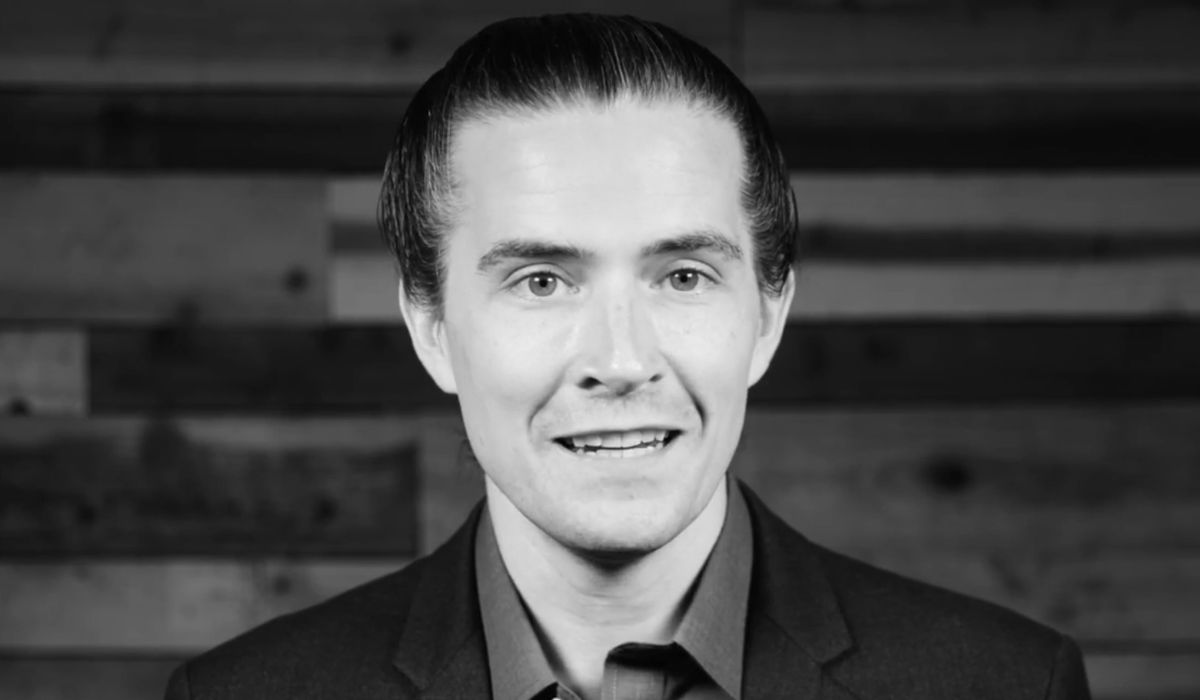Because he was born in the U.S.A, Lynch has access to a high level of care—much higher than what most people with a bleeding disorder (PWBD) have in other countries. For example, he lives a normal life, while worldwide, half of all people with severe hemophilia die by age ten. And those who survive often experience a lifetime of hardship. As someone who feels that PWBDs are “blood brothers and sisters”, he is driven to play a part in the WFH vision of Treatment for All. In fact, it was his determination to support the people of his community that led him to found Believe Limited.
In the video below, Lynch covers some of the enriching experiences he had while making the videos for the WFH Humanitarian Aid Program. He reveals some of the thoughts PWBDs in developing countries shared with him, such as the need for advocacy and the need for people to come together to support each other. He also recounts one touching instance where a hematologist wanted to take a picture of him to show his patients that it’s possible to develop normally and live a normal life if one has access to factor and care.
The WFH Humanitarian Aid Program provides predictable and sustainable treatment for those who need it most, and is also a valuable tool to promote diagnosis and incentivize governments to invest in bleeding disorders care. Through treatment product donations and robust training, the Program is helping to improve care globally for the bleeding disorders community.
In the video, Lynch concludes by saying that although life for a person with a PWBD is challenging in many countries, there’s still hope. “The question isn’t whether or not you should you care… the question is what does care look like. And I dare you to dream big. Because my blood brothers and sisters and I… we’re worth it.”
About the WFH Humanitarian Aid Program
The WFH Humanitarian Aid Program improves the lack of access to care and treatment by providing much-needed support for people with inherited bleeding disorders in developing countries. By providing patients with a more predictable and sustainable flow of humanitarian aid donations, the WFH Humanitarian Aid Program makes it possible for patients to receive consistent and reliable access to treatment and care. None of this would be possible without the generous support of Sanofi and Sobi, our Founding Visionary Contributors; Bayer, CSL Behring and Roche, our Visionary Contributors; Grifols, our Leadership Contributor; and Takeda, our Contributor. To learn more about the WFH Humanitarian Aid Program, visit www.treatmentforall.org













